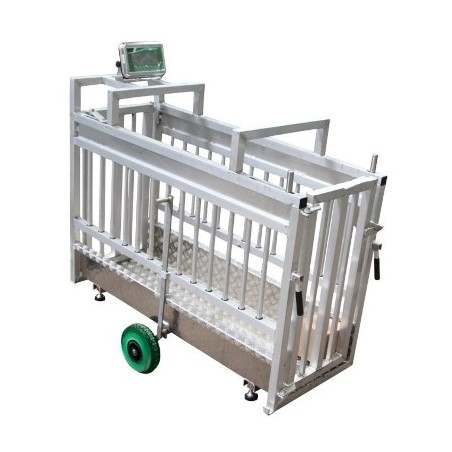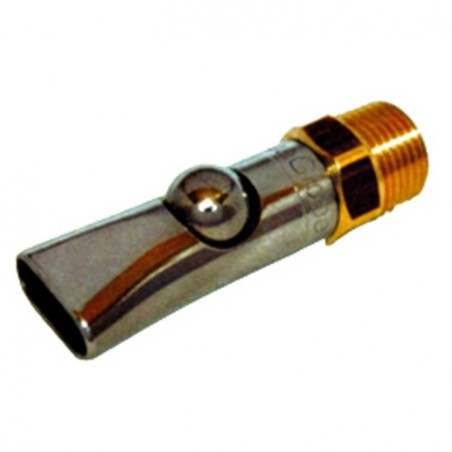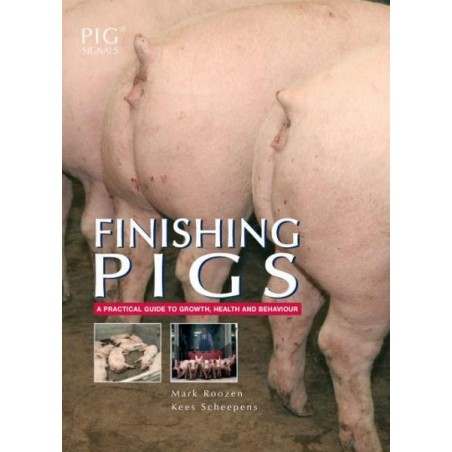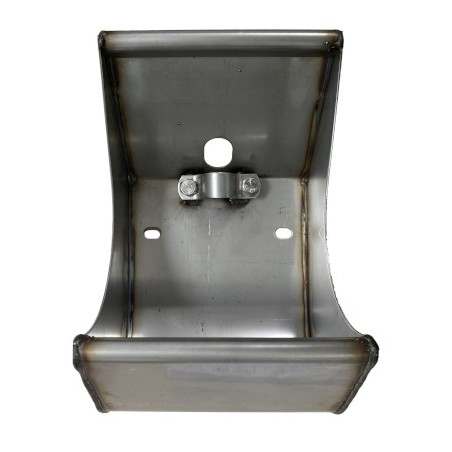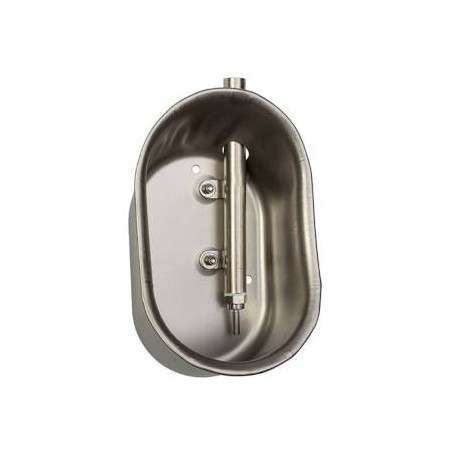When the ambient temperatures increase beyond thermoneutrality, the energy intake and associated heat loss and energy retention of fattened pigs decline as a result of heat stress. These conditions lead to economic losses originating from increased morbidity, mortality, suboptimal growth, inefficient nutrient use, reduced muscle mass, and increased adipose tissue deposition. Therefore, the development of nutritional interventions to alleviate the negative effects of heat stress could be beneficial to pork producers in hotter climates. The objective of this experiment was to investigate the effects of reduced dietary protein at naturally high temperatures in summer on the growth performance and carcass quality of finishing pigs. For that purpose, a total of 72 crossbreed pigs (Duroc × Landrace × Yorkshire) at an average body weight of 77 ± 5.7 kg were randomly assigned to two treatments, based on body weight and sex, in six replicates per treatment, with six pigs per pen, using a randomized complete block design. The dietary crude protein level of the normal protein diet and the reduced protein diet were 12% and 10%, respectively. The growth performance and serum biochemical parameters of the pigs were analyzed for a 28-day experimental period. At the end of the experiment, 12 pigs were selected to measure carcass characteristics and pork quality.
As a result, the average highest ambient temperature during the experiment period was about 32.4°C. There was a trend for the average daily feed intake to be lower in the pigs on the reduced protein diet compared to the control in the 0–28 day period. The serum urea nitrogen was lower for pigs fed the reduced protein diets only on day 14. The carcass characteristics and pork quality were not affected by dietary treatments.

In conclusion, decreasing dietary crude protein percentage from 12% to 10% in finishing pigs in summer may have no negative effects on growth performance and carcass quality.
Wang W, Chen Y, Wang J, Lv Z, Li E, Zhao J, Liu L, Wang F, Liu H. Effects of Reduced Dietary Protein at High Temperature in Summer on Growth Performance and Carcass Quality of Finishing Pigs. Animals. 2022; 12(5): 599. https://doi.org/10.3390/ani12050599




